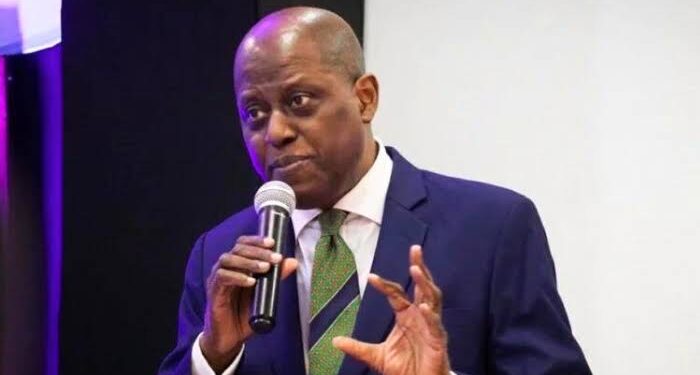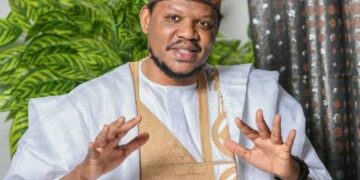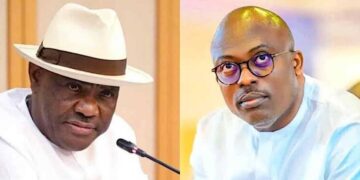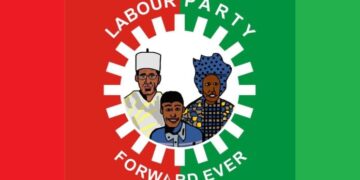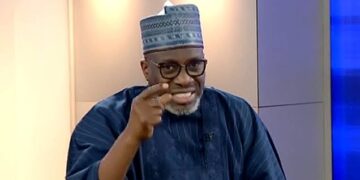Since assuming office as the Governor of the Central Bank of Nigeria (CBN) on September 22, 2023, Yemi Cardoso has witnessed a sharp decline in the value of the naira, with the local currency depreciating by over 51% in just one year.
According to data from FMDQ, the naira, which traded at N747.76 to the U.S. dollar on September 22, 2023, fell dramatically to N1,541.52/$1 by September 20, 2024. This staggering drop highlights the economic challenges Nigeria faces, particularly in stabilizing its currency amidst broader economic pressures.
This steep depreciation occurred despite efforts by the CBN to implement policies to shore up the naira’s value and maintain market stability. Over the past year, the Central Bank has taken steps to combat inflation, enhance market transparency, and increase foreign exchange (forex) reserves. Despite these efforts, the naira has continued to weaken, facing both internal fiscal difficulties and external global pressures.
Forex Reserves Climb, But Fail to Stabilize the Naira;
A key measure undertaken by the CBN during Cardoso’s tenure was the accumulation of foreign exchange reserves. Nigeria’s forex reserves have grown significantly, rising by $4.12 billion, or 12%, over the past year. As of September 19, 2024, forex reserves stood at $37.39 billion, compared to $33.28 billion on September 22, 2023.
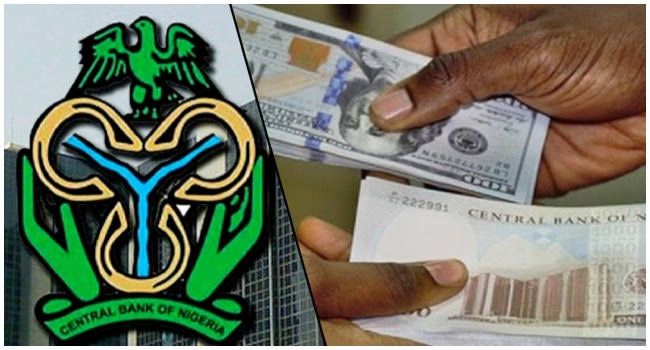
This increase in reserves is the largest recorded under President Bola Tinubu’s administration, reflecting the CBN’s effort to manage liquidity in the forex market and mitigate external economic shocks.
Despite this positive growth in reserves, the naira’s devaluation suggests that the increase in reserves has not been enough to stabilize the currency. The widening gap between the supply and demand for foreign exchange, coupled with inflationary pressures and wavering investor confidence, continues to weigh on the value of the naira.
Hikes in Interest Rates as a Tool to Combat Inflation;
Under Cardoso’s leadership, the CBN has raised the Monetary Policy Rate (MPR) multiple times in an attempt to curb inflation and foster economic stability. The interest rate hikes began with an initial increase from 18.75% to 22.75%, followed by subsequent hikes to 24.75%, 26.25%, and the most recent increase to 26.75% in July 2024. These adjustments have collectively added 800 basis points since Cardoso assumed office.
The aggressive interest rate hikes are part of the CBN’s broader strategy to tackle Nigeria’s persistent inflation problem, which has been driven by a range of factors, including rising food prices, fuel costs, and core inflationary pressures. However, while the central bank has made some progress, these measures have yet to deliver the comprehensive stabilization needed to reverse the naira’s downward spiral.
The MPC and Calls for a Pause in Rate Increases;
As the Monetary Policy Committee (MPC) prepares to meet on September 23 and 24, 2024, to decide on further interest rate adjustments, financial experts have urged the CBN to consider halting its cycle of rate hikes.
Professor Uche Uwaleke, a financial economist and director at the Institute of Capital Market Studies at Nasarawa State University, has advocated for a pause in further rate increases. He argues that the recent moderation in inflation, which fell from 34.19% in June 2024 to 33.40% in July and 32.15% in August, is reason enough to adopt a cautious approach moving forward.
During the July MPC meeting, at least three committee members voted to retain the MPR at 26.25%, including Lydia Shehu Jafiya, Murtala Sabo Sagagi, and Aloysius Uche Ordu. These members, who represent 27% of the MPC’s composition, emphasized the importance of balancing inflation control with the need to support broader economic growth.
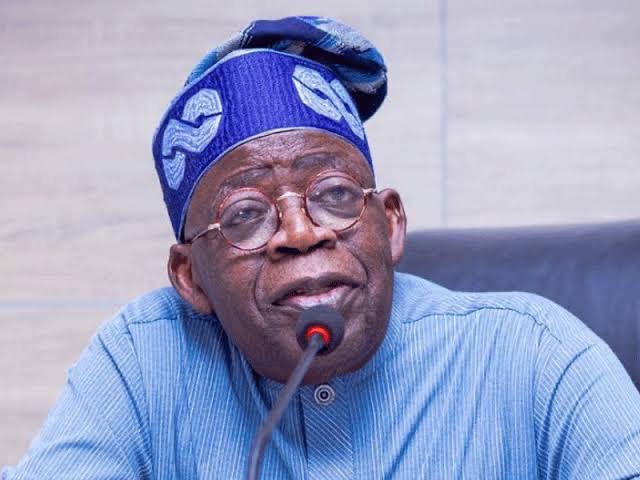
Inflation Moderation Offers Hope;
For the first time in over 19 months, Nigeria’s inflation rate showed signs of moderation, dropping to 33.40% in July 2024 from the previous month’s rate of 34.19%. The decline marked the first drop in inflation since December 2022, when the rate fell to 21.34%.
In August 2024, inflation continued to ease, reaching 32.15%. This second consecutive monthly slowdown in inflation has raised cautious optimism, but significant challenges remain in achieving long-term stability.
While the recent inflation moderation is a positive development, experts argue that it is largely driven by seasonal factors, such as the harvest period, rather than a fundamental shift in economic conditions.
Development economist Dr. Aliyu Ilias described the recent reduction in inflation as “too marginal” and noted that structural reforms are needed to address the root causes of Nigeria’s economic challenges.
Experts Weigh In on Cardoso’s First Year;
Yemi Cardoso’s first year as CBN Governor has drawn mixed reviews from financial analysts and economists. Speaking to Nairametrics, Dr. Aliyu Ilias criticized Cardoso’s approach as “topsy-turvy,” noting that while inflation has decelerated, the results have been marginal at best. He rated Cardoso’s performance as “below average” and called for more strategic and growth-oriented policies.
On the other hand, financial analyst and founding partner at McBrain & Company, Brian Essien, offered a more favorable assessment of Cardoso’s tenure. Essien acknowledged the challenges Cardoso inherited and praised his efforts to target inflation.
“So far so good,” Essien said, highlighting the two consecutive months of decelerated inflation as a sign of progress. However, Essien also emphasized the need for the CBN to shift focus toward strengthening the naira and combating the “dollarization” of the economy.
The Path Ahead;
Looking ahead, Essien recommended that the CBN retain the current MPR of 26.75% to avoid any drastic economic shocks. He cautioned that significant adjustments to interest rates, whether an increase or decrease of more than 25 basis points, could have unintended consequences.
Yemi Cardoso’s first year as CBN Governor has been marked by significant challenges, including the sharp depreciation of the naira and persistent inflationary pressures. While some progress has been made in terms of increasing foreign reserves and moderating inflation, much work remains to be done to achieve the desired economic stability and restore investor confidence.
As the CBN continues to navigate a complex economic landscape, the decisions made in the coming months will be critical in determining the future trajectory of Nigeria’s economy.


